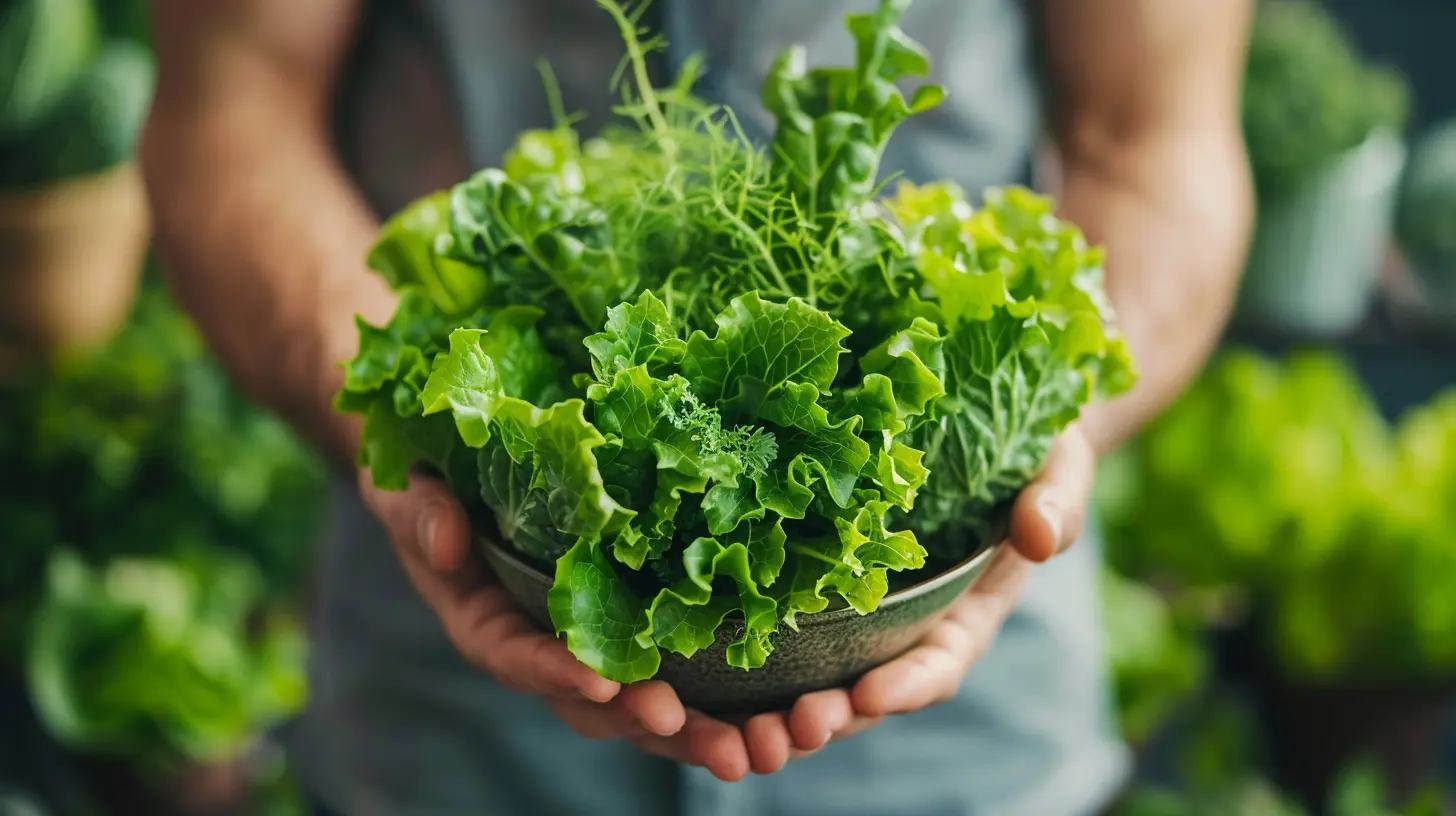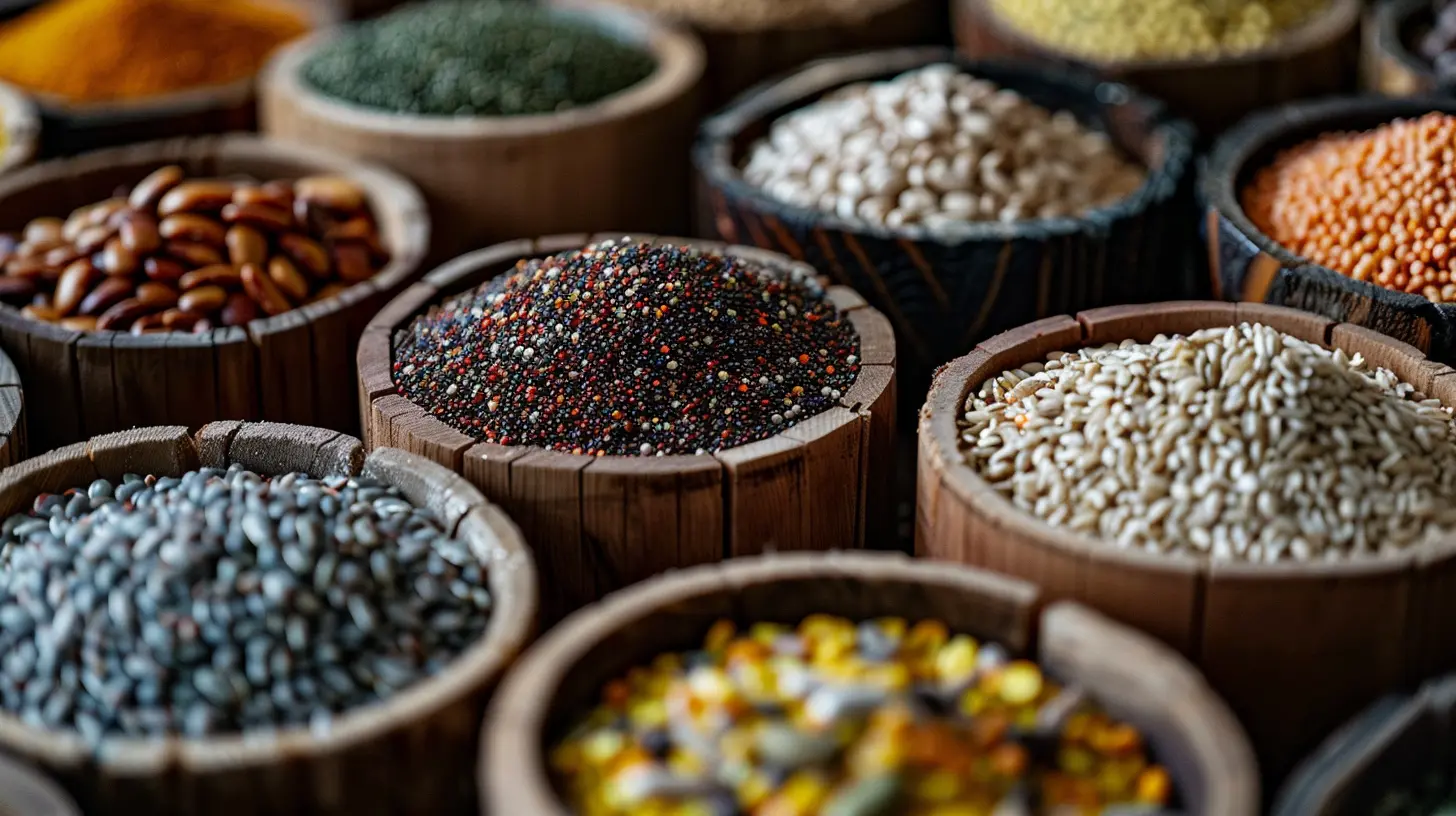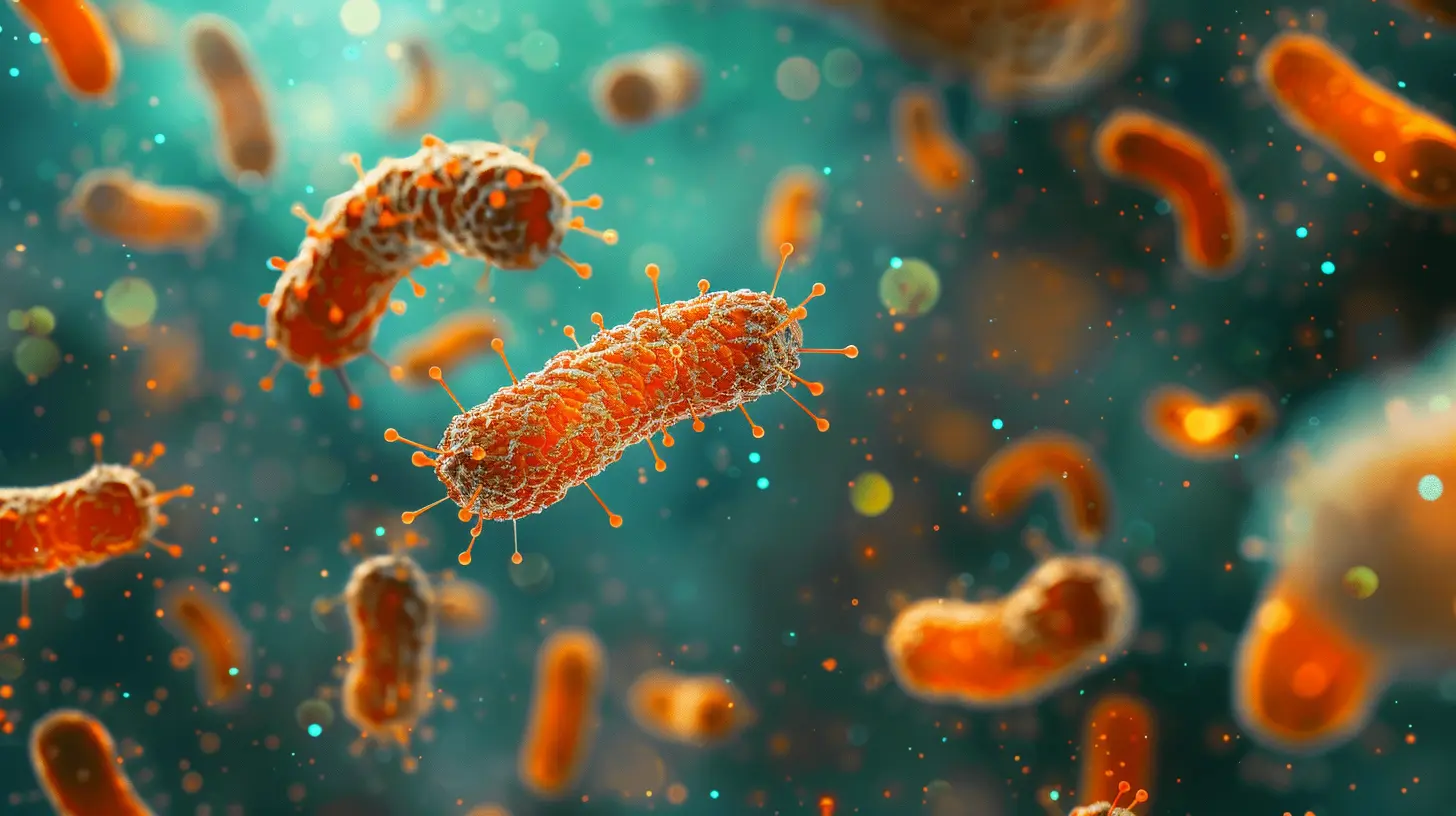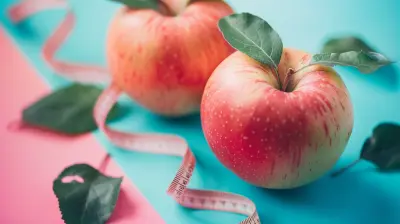7 February 2025
Have you ever thought about what goes on inside your gut after you eat? It's not just about breaking down food; it's about nourishing trillions of microscopic organisms living in your digestive tract. Yes, your gut microbiome is like a bustling city, teeming with bacteria that keep your digestive system in check and influence your overall health. Now, here's something fascinating: the food you eat, especially organic foods, can make or break the harmony of this inner ecosystem.
So, how exactly do organic foods affect your microbiome and digestive health? Let’s dive into this topic, break it down, and discover why organic might just be the knight in shining armor for your gut.
What Is the Microbiome and Why Does It Matter?
Let’s start with the basics: what is the microbiome? Your gut microbiome is a diverse community of trillions of microorganisms living in your digestive system. Think of it as a microscopic metropolis, where good and bad bacteria live side by side. The goal? To maintain balance.When the good guys outnumber the bad, your digestive system functions smoothly, and you feel amazing. But when things get out of whack—maybe because of a poor diet, stress, or too many antibiotics—you can experience digestive issues like bloating, constipation, or worse, long-term conditions like irritable bowel syndrome (IBS) or inflammatory bowel disease (IBD).
The thing is, your microbiome doesn’t just affect your gut. It's linked to your immune system, mental health, heart health, and even your skin. In short, when your microbiome is happy, your whole body tends to be happy.
What Makes Organic Foods Different?
Okay, so we know the microbiome is important, but why does going organic matter? Isn’t food just food? Not exactly.Organic foods stand out because they are grown without synthetic pesticides, fertilizers, or genetically modified organisms (GMOs). Plus, animals raised for organic meat are not given antibiotics or growth hormones. Basically, organic means cleaner, less processed, and more natural.
Here’s the kicker: those synthetic chemicals and additives found in conventional foods can disrupt your gut microbiome. They’re like unwelcome visitors barging into your microscopic metropolis, causing trouble and throwing your gut health off-balance. Organic foods, on the other hand, give your microbiome a cleaner slate to thrive.
The Connection Between Organic Foods and Your Microbiome
1. Fewer Harmful Pesticides = Happier Microbiome
Ever heard the phrase "you are what you eat"? Well, so is your microbiome. When you consume conventionally grown foods loaded with pesticides and herbicides, those chemicals can harm not just pests but also the beneficial bacteria in your gut. Yikes!Organic foods, by avoiding these harmful chemicals, allow your microbiome to flourish naturally. Think of it this way: eating organic is like giving your gut bacteria a cozy, toxin-free home.
2. Higher Nutrient Content
Many studies suggest that organic fruits and veggies contain higher levels of vitamins, minerals, and antioxidants compared to their conventional counterparts. Why does this matter for your microbiome? Because those nutrients are the fuel your gut bacteria thrive on.Antioxidants, in particular, help to reduce inflammation in the gut, creating a more balanced environment where good bacteria can prosper.
3. Fewer Antibiotics in Organic Meat
If you eat meat, here’s something to chew on: conventionally raised animals are often pumped full of antibiotics to prevent disease and promote growth. Unfortunately, when you consume that meat, those antibiotics don’t just disappear—they can mess with the balance of bacteria in your gut.Organic meat comes from animals that aren’t treated with antibiotics, making it a safer option for keeping your microbiome in tip-top shape.
4. More Prebiotics = Better Bacteria Growth
Guess what your gut bacteria love to eat? Fiber! Specifically, they thrive on prebiotic fiber, which acts as food for good bacteria. Organic whole foods—like fruits, vegetables, nuts, and seeds—are some of the best sources of prebiotics.When you load up on organic, fiber-rich foods, you’re essentially hosting an all-you-can-eat buffet for your gut microbes. And trust me, they’ll thank you for it.
Organic vs. Processed Foods: A Gut Health Showdown
Let’s paint a picture. On one side, you’ve got organic foods: fresh, nutrient-dense, and free of harmful chemicals. On the other side, you’ve got highly processed foods: laden with preservatives, artificial sweeteners, and additives.Processed foods are like junk mail for your microbiome—they clutter up your system, offer no real value, and may even harm the beneficial bacteria. In contrast, organic foods act like personalized packages of nourishment, tailored to support the good bacteria in your gut.
For example, foods with artificial sweeteners like aspartame or sucralose have been shown to disrupt gut bacteria. This can lead to problems like glucose intolerance and inflammation. Organic foods, being free from these additives, help your microbiome stay balanced and thriving.
How to Transition to Organic for Better Digestive Health
Making the switch to organic might seem daunting at first, but it doesn’t have to be. Here are a few tips to get you started:1. Start Small
Not everything in your kitchen has to be organic right away. Begin with high-risk foods, like berries, apples, leafy greens, and dairy products. These items tend to absorb more pesticides, making them a priority.
2. Shop Seasonally
Organic produce can be pricey, but buying in-season fruits and veggies can save you money. Plus, they taste way better!
3. Read Labels
When buying packaged organic products, look for the USDA Organic seal or certifications in your country. This ensures you’re getting the real deal.
4. DIY Gardening
If you’ve got the space, why not grow a few organic herbs or veggies? It’s easier than you think, and nothing beats the taste of homegrown produce.
The Bottom Line: Why Organic Foods Are Gut Heroes
So, can organic foods improve your microbiome and digestive health? Absolutely! By limiting harmful chemicals, offering nutrient-rich fuel, and prioritizing prebiotic fibers, organic foods set the stage for a thriving gut microbiome.Think of your microbiome as a garden. If you nourish it with clean, organic food, you’ll cultivate a vibrant ecosystem that benefits not just your digestion but your whole body. On the other hand, if you feed it processed or pesticide-laden foods, you risk weeds taking over.
When it comes to your health, it’s the small, everyday choices that add up. Choosing organic might seem like a minor change, but for your microbiome, it’s like hitting the jackpot. So, the next time you’re in the grocery store, reach for that organic apple or bundle of kale. Your gut will thank you.







Isla Black
Organic foods enhance gut health; nurture your microbiome daily!
April 6, 2025 at 3:59 PM